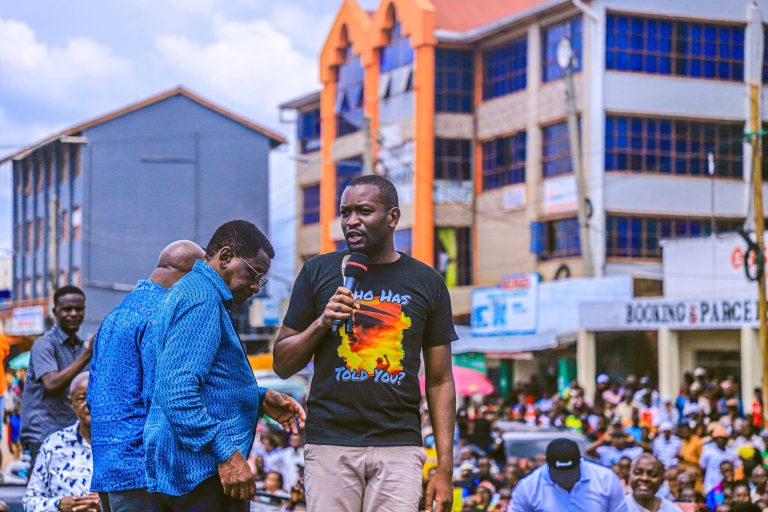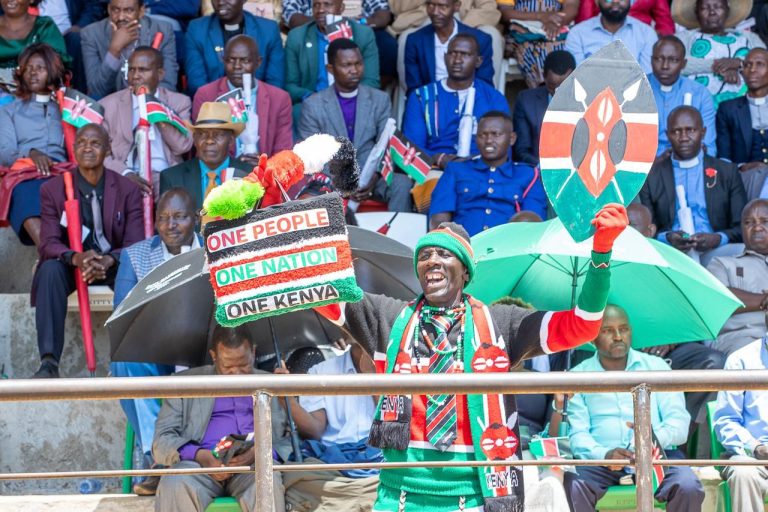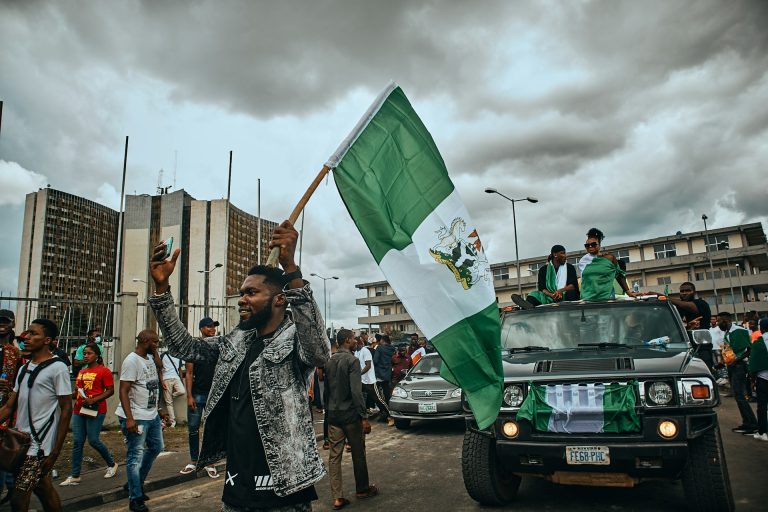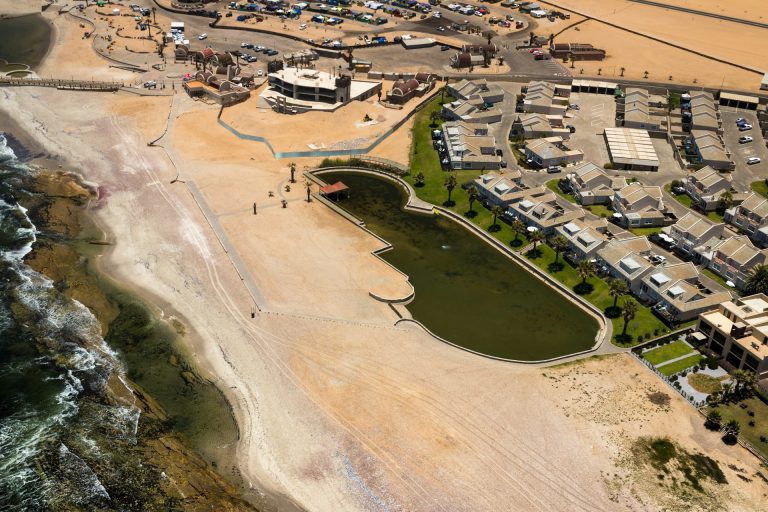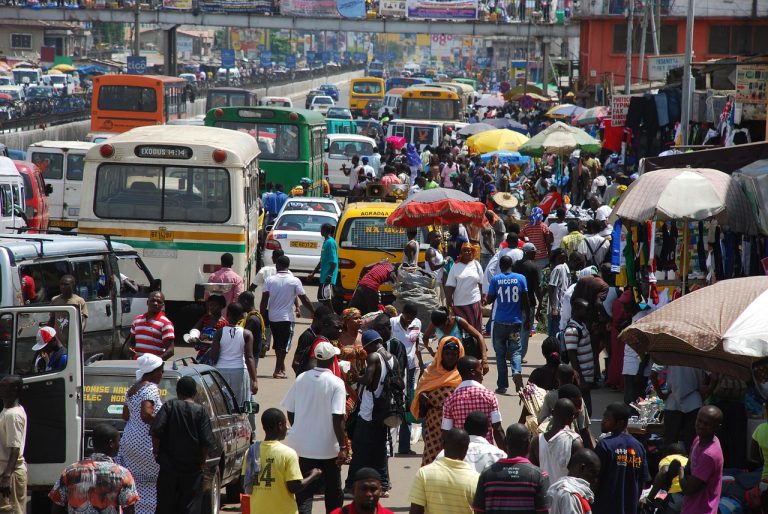- PMI falls to 46, marking the second straight month of contraction
- Business leaders warn political unrest hurting investment environment
NAIROBI, KENYA – Business activity in Kenya declined sharply at the end of June, marking a second consecutive month of subdued growth as tough economic conditions and protests disrupted operations and consumer spending.
This article is free to read.
Sign up for free or sign in to continue reading.
Unlike our competitors, we don't force you to pay to read the news but we do need your email address to make your experience better.
Create your free account or sign in
The Purchasing Managers’ Index (PMI) by Stanbic Bank Kenya shows the output index contracted to 46, the sharpest recorded in almost a year, and falling below the 50 neutral threshold. In May, the output index, which measures the level of production, stood at 49.
Kenyan firms experienced a faster contraction of new orders in June, with over 34% of respondents reporting lower sales compared to 20% who posted an expansion.
Inflation pressures ease
“Firms consistently cited difficult conditions for clients as the main factor behind diminishing new business,” Stanbic Bank, owned by Standard Bank, said in the Kenya PMI.
Input prices, purchase prices, staff costs, and output prices all increased in June but only matched, or fell below, the long-term average, indicating contained inflationary pressures. Christopher Legilisho, an economist at Standard Bank, said the price hikes “reflect concerns about the increased tax burden being faced by businesses.”
Last month, Kenya experienced two major protests within a span of two weeks. On 12 June, demonstrators demanded a pause in the budget presentation following the murder of a political blogger, Albert Ojwang, at Nairobi Central police station, while on June 25, they marked one year since the deadly 2024 anti-tax protest.
The protests resulted in a trail of death, vandalism and looting, affecting major retail outlets such as Naivas and Quickmart supermarkets, along with some bank branches.
Optimism despite uncertainty
Tobias Alando, CEO of the Kenya Association of Manufacturers (KAM), stated that the demonstrations caused “considerable financial losses to all business, from micro, small & medium enterprises (MSMEs) to large industries.”
“Growth can only be achieved within a secure and predictable business environment that guarantees the safety of people, property, and investments,” Alando added.
A turbulent political landscape risks further dampening the business environment in Kenya. The banking sector, which already faces high levels of Non-Performing Loans (NPLs) at 17% of total credit, is also expected to feel the impact of the protests due to potential loan defaults, as businesses fight reduced revenues.
Despite these challenges, Kenyan firms remain optimistic about future prospects, with sentiment levels reaching their highest since May 2024. Around 18% of respondents expressed confidence in their ability to boost output over the next year, citing expectations of improved sales and market expansion.
“In the medium term, we should be quite stable economically unless something drastic happens around the world. What is in Kenya’s favour is that the global inflation and interest rates are reducing,” says Alpesh Vadher, CEO of audit firm PKF.
This article is free to read.
Sign up for free or sign in to continue reading.
Unlike our competitors, we don't force you to pay to read the news but we do need your email address to make your experience better.
Create your free account or sign in






